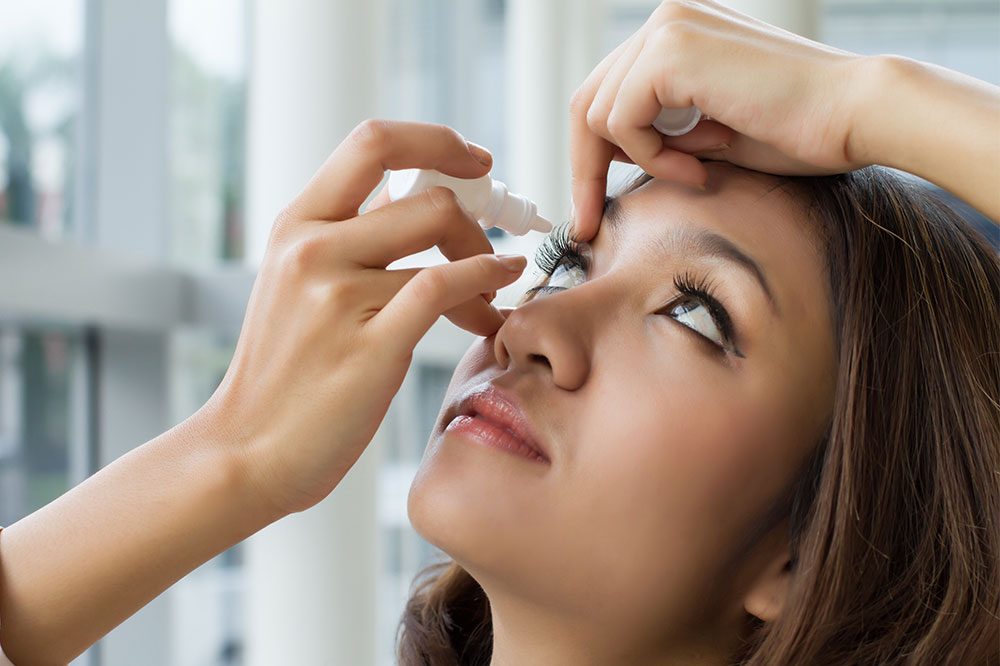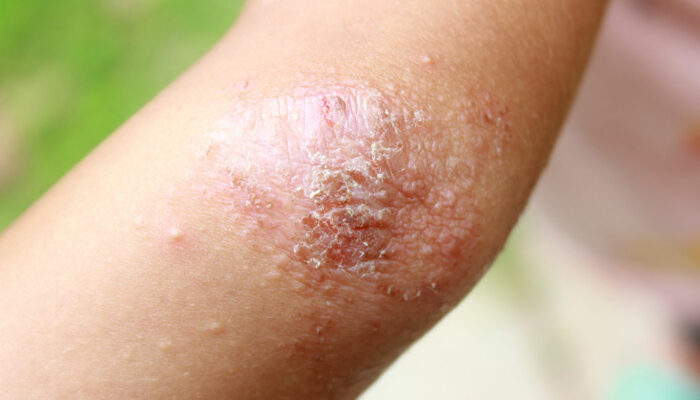
5 Causes of Dry Eyes
Dry eyes, also known as dry eye syndrome, is a condition in which the eyes do not produce enough tears. This makes the eyes prone to bacterial infections and causes them to become inflamed. Dry eyes can be very uncomfortable as there is no protective layer of tears to coat the eyeballs. Patients experience pain, burning, and redness in their eyes. In this article, we shall focus on understanding the causes of dry eyes.
What causes dry eyes?
As mentioned, dry eyes are caused by the reduced production of tears. This could occur when the glands that produce tears cannot make the right amount of the various elements present in tears. Tears consist of three layers: the outer oily layer, the watery layer, and the inner mucus layer. If any of these layers are produced in lower quantities, the tears evaporate quickly, leading to dry eye syndrome.
Various factors can affect the production of tears in the eyes. Here are a few of them:
1. Aging
While dry eyes are not limited to specific age groups and can occur at any age, it is most prominent in individuals over 50. This is because tear production declines as a person ages. To tackle this, seniors can opt for artificial tears that provide the extra lubrication required to relieve the dryness.
2. Medical conditions
Besides aging, certain medical conditions can also lead to dry eyes. These medical conditions include Sjogren’s syndrome, allergic dry eyes, scleroderma, and even thyroid disorders. Among these, autoimmune diseases like Sjogren’s syndrome are the leading medical conditions that cause dry eyes.
3. Medications
Medications used to treat various health conditions can lead to dry eye syndrome. Certain drugs affect the production of elements like mucus and oils that are a part of the tear layers. Common medications that affect the production of tears include antihistamines, antidepressants, and beta-blockers. If a person experiences dry eye syndrome as a side effect of these medications, it is best to talk to a doctor immediately.
4. Surgery
Individuals who undergo laser surgery to correct their vision can also experience dry eyes. This is because surgery damages the nerves responsible for tear production. However, dry eye syndrome caused due to laser surgery is usually temporary. In such instances, patients can use artificial tears to keep the eyes lubricated until it is healed.
5. Vitamin A deficiency
Vitamin A is incredibly essential to overall eye health. Lack of this vitamin in the body can lead to visual troubles, including vision impairment, dry eye syndrome, and even night blindness. So it is recommended to add high-vitamin A foods to one’s diet to tackle this problem. Foods rich in this vitamin include spinach, carrots, peppers, cod liver oil, eggs, and more.



